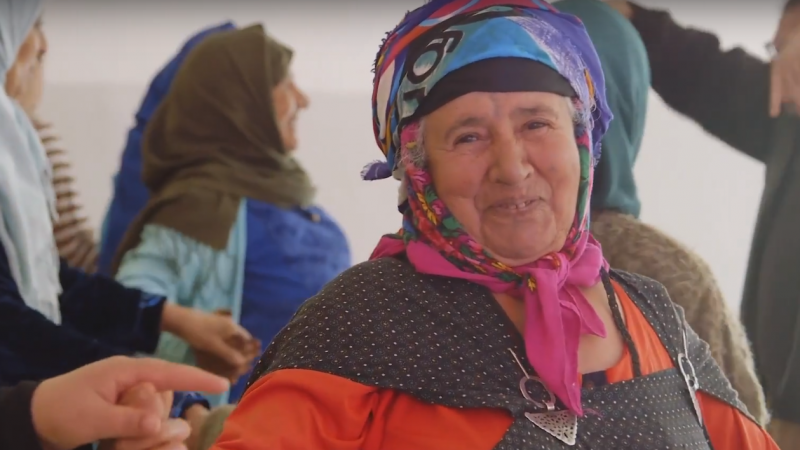New publication tests delivery of innovative technology packages

An ICARDA initiative — 'Mind the Gap' — is testing the delivery of innovative technology packages to rural communities in Tunisia using a Randomized Controlled Trial (RCT) approach. RCTs are often called the 'gold standard' of evaluation methods, as it is the only evaluation method that allows a comparison of outcomes with and without a particular intervention, while avoiding selection bias due to observed or unobserved factors.
Like all impact evaluations, the main purpose of an RCT is to determine whether a program has an impact, and more specifically, to quantify how large the impact of the intervention is. Impact evaluations typically measure program effectiveness by comparing outcomes for those who received the program (individuals, communities, schools, etc.) against those who did not.
This document is designed to help researchers apply RCTs so they can gain a more accurate insight into the impacts of different extension strategies in different locations. It provides information on the benefits of an RCT approach in comparison to other impact evaluation models; provides a step-by-step implementation guide and a framework to avoid challenges; and demonstrates how an RCT approach was implemented within the context of the ‘Mind the Gap’ initiative.
Check out the publication here. Learn more about the project and how they are helping women here.
ICARDA’s Manuals & Guidelines series taps the Center’s expertise to provide comprehensive advice and strategies that researchers can adopt to enhance agricultural productivity and overcome critical challenges affecting rural communities in the non-tropical dry areas.
